Beyond Empuraan: What We Are Missing in the Lucifer Debate
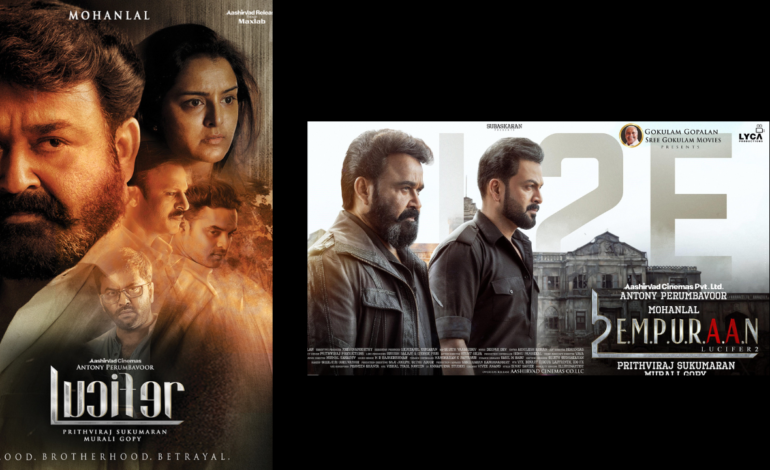
Social and non-social media has been inundated with the growing controversy around the Malayalam film Empuraan, the sequel to the blockbuster Lucifer. Much of the cacophony stems from the character’s name and perceived religious or political connotations. But amid this heated and unwarranted discourses (I feel they are), I find myself going back not to the script of the film, but to something far more personal and core which is about my first encounter with Lucifer.
Not the cinematic version, but the original philosophical and literary one. The Lucifer that John Milton brought to life in Paradise Lost. And more specifically, the Lucifer brought alive in a small, historic classroom at CMS College Kottayam.
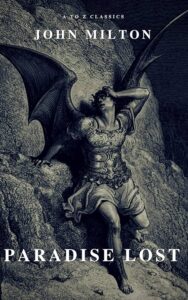
My first meeting with Lucifer happened during my undergraduate years. Prof. Krishna Iyer, our Head of the English Department, introduced us to Milton’s Paradise Lost. He didn’t just teach the text, he performed it. With every line he recited, he transformed into the very spirit of Milton’s fallen angel, his voice carrying defiance, torment, pride, and pain. I still remember how he thundered through the lines, as if the rebellion was his own.
It wasn’t the darkness of Lucifer that intrigued me. It was his humanity. His flawed reasoning. His fierce independence. His refusal to submit, not out of evil, but out of an existential struggle to define himself.
“Better to reign in Hell, than serve in Heaven.’’
To most, this sounds like arrogance. But to a young literature student trying to understand identity, rebellion, and resilience, it felt like a powerful cry for agency. For the right to choose, even if the path chosen is difficult.
Years later, when the Netflix series Lucifer became a sensation, I saw the world discover the charm and wit of a modern-day devil. And then came Lucifer, the film, dark, intense, political. A mass entertainer. But I often wondered did people truly understand the gravity of that name? Did they see beyond the surface?
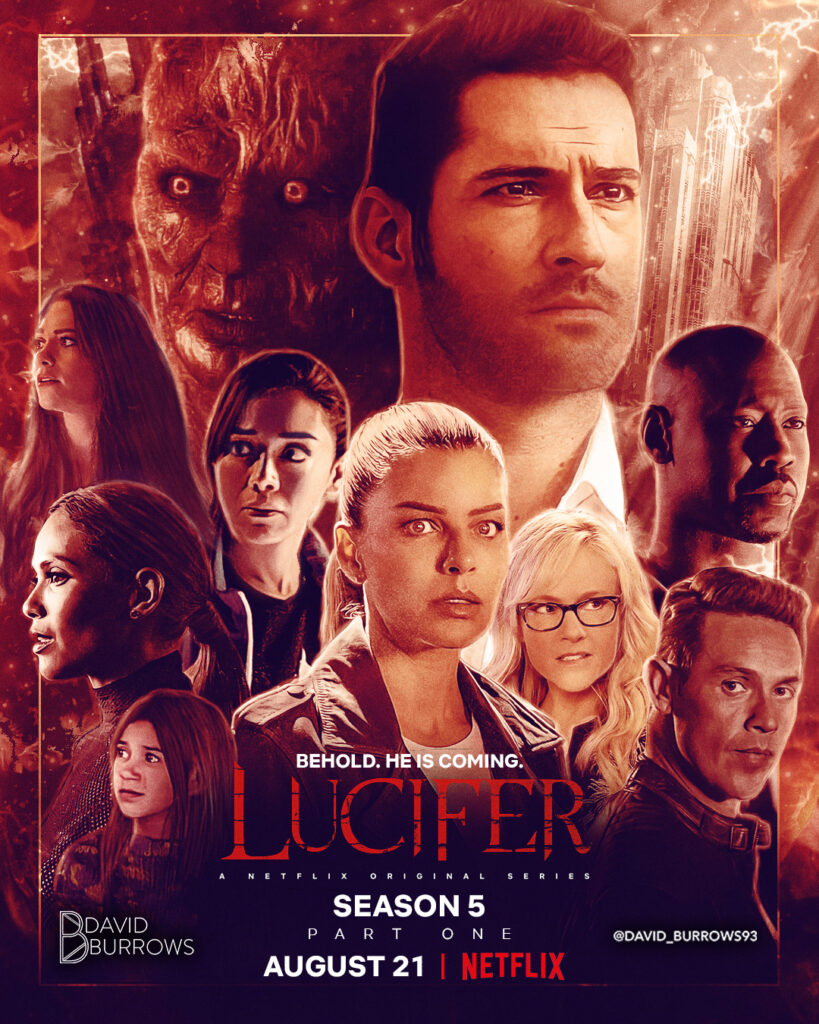
Now, with Empuraan, we seem to be stuck again, this time over the name Sayeed Massod. The discourse has moved from storytelling to suspicion, from character arc to cultural identity. But if we pause the noise for a moment and listen closely, we’ll see that this trilogy echoes something deeply rooted in literary tradition.
Lucifer, in Milton’s epic, is not the cartoonish villain of folklore. He is the archetype of the fallen, not to be worshipped, but to be understood. He represents the journey of the self, the battle within, the slow, painful crawl from rebellion to redemption.
“The mind is its own place, and in itself
Can make a Heaven of Hell, a Hell of Heaven.”
The name isn’t the story. The journey is.
A man who has tasted darkness and chooses the light carries within him a kind of wisdom the untouched cannot know. This is the moral centre of both Paradise Lost and (I believe) this cinematic universe. Not the celebration of evil, but the triumph of self-realisation.
“Awake, arise, or be forever fallen.”
Lucifer, Stephen, Sayeed… whatever name you give him, he is not a symbol of one religion or another. He is a symbol of humanity in conflict, a soul wrestling with its own nature, trying to rise.
Perhaps, in these times of division, we need more than ever to return to the literature that shaped our understanding of these archetypes. To remember that names are mere symbols. And stories if told right can help us transcend fear, and find empathy.
Let us not reduce profound narratives to hashtags and hate. Let us read, think, and rise.


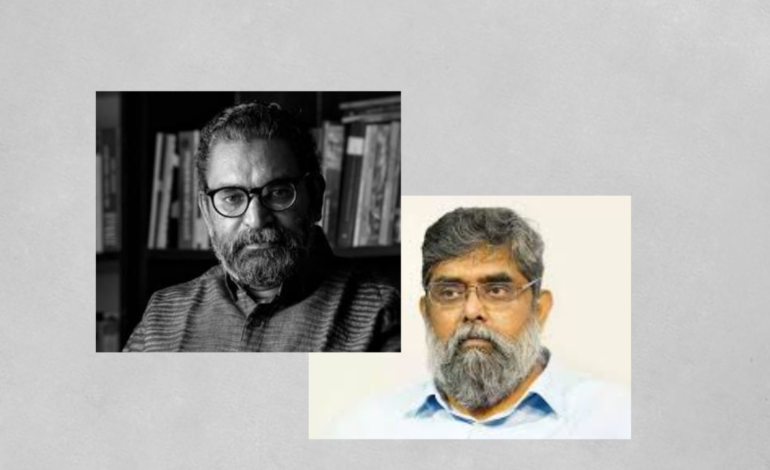
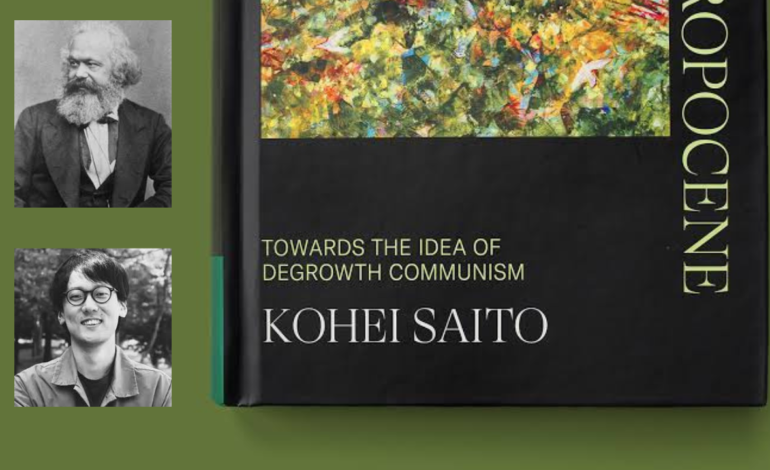



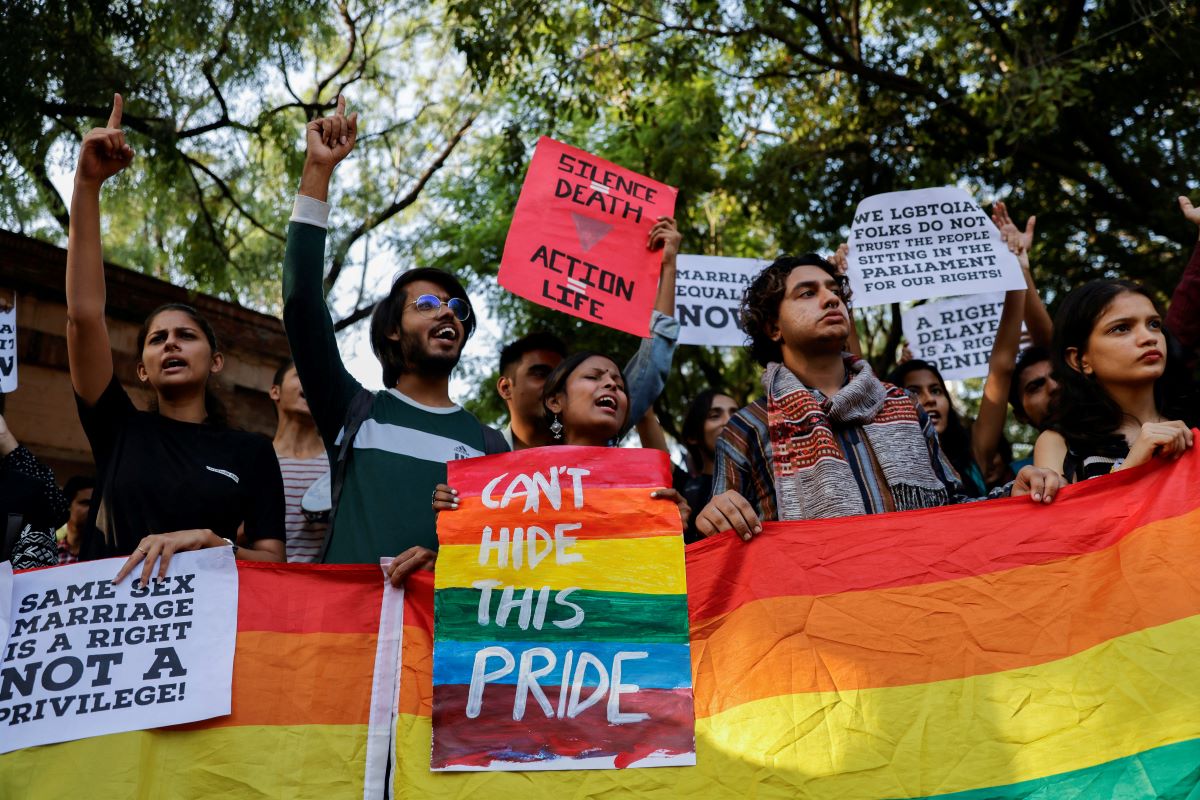




Thought provoking indeed